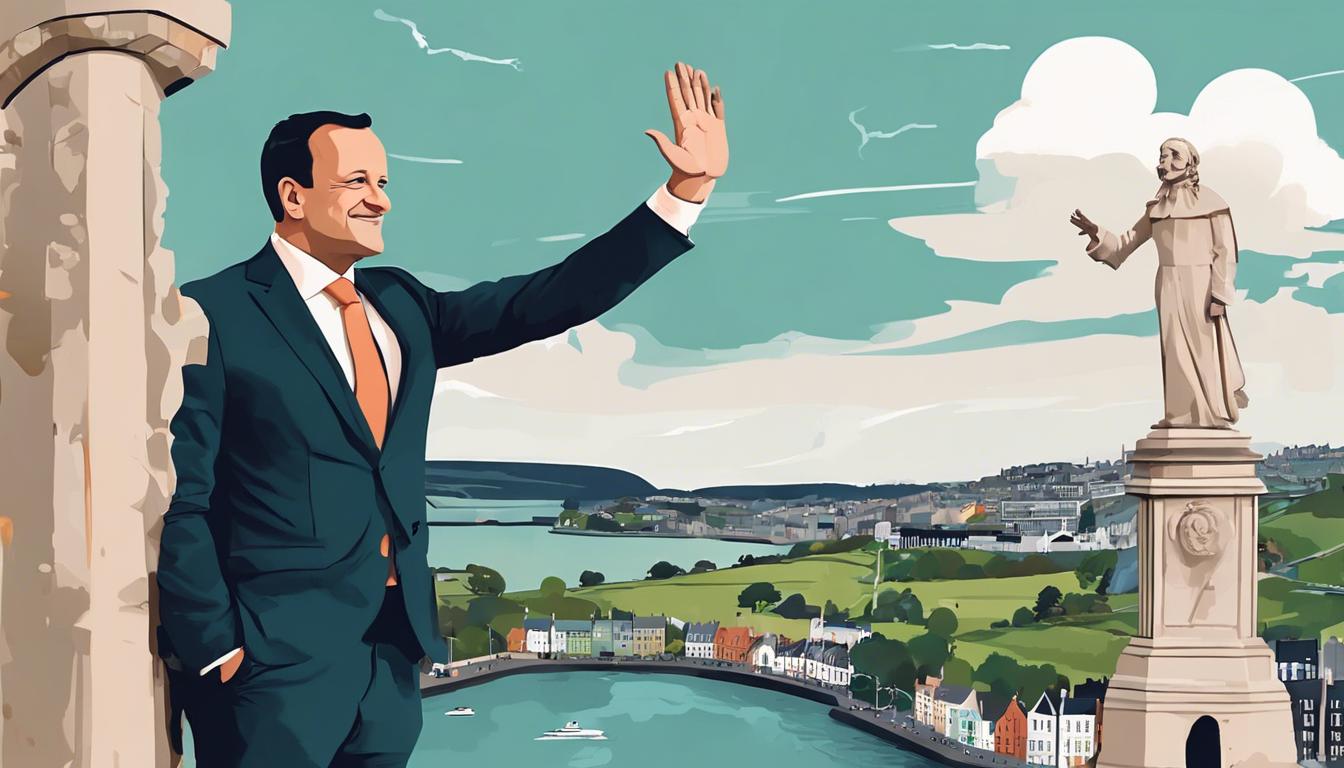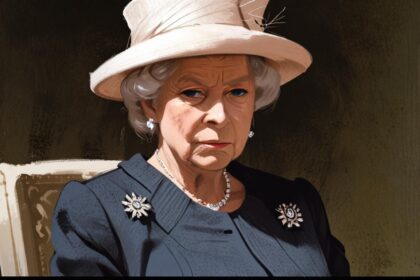Ireland’s first openly gay and mixed-race Taoiseach, Leo Varadkar, has announced his resignation, leaving a notable legacy and prompting speculation about the future leadership of Fine Gael and the country’s governance.
Leo Varadkar, Ireland’s first openly gay and mixed-race Taoiseach, has announced his resignation at the age of 45, stunning both the nation and the political sphere. His departure marks the end of a notable period in Irish politics, characterized by significant social reforms and key roles in Brexit negotiations. Varadkar’s decision, described as mainly politically motivated, has left a void in Irish leadership and prompted widespread speculation about the future of Fine Gael and Irish governance.
Despite Varadkar’s resignation, Tánaiste Micheal Martin has confirmed that it will not lead to an early general election, emphasizing the coalition government’s intention to serve its full term. Leaders from coalition partners, including Green Party leader Eamon Ryan, have echoed this sentiment, underlining a commitment to stability and continuity in addressing key issues such as housing, education, health, and climate change.
Tributes to Varadkar’s service have come from various quarters, including UK Chancellor Rishi Sunak, who highlighted their collaboration on restoring powersharing in Northern Ireland. Opposition leaders in both Ireland and Northern Ireland have expressed a range of views, from calling for a general election to acknowledging Varadkar’s contributions to improving north-south relations and supporting community relationships across Northern Ireland.
Amidst this, Fine Gael is preparing for a leadership contest, with several potential candidates emerging as frontrunners. The outcome of this contest is eagerly awaited, as it will not only determine the new leader of Fine Gael but also Ireland’s next Taoiseach. The political landscape in Ireland stands at a pivotal juncture, awaiting the next chapter in its governance with keen interest.













